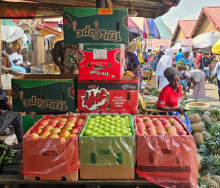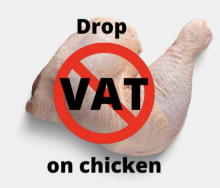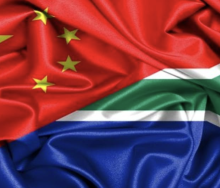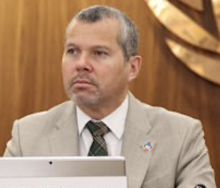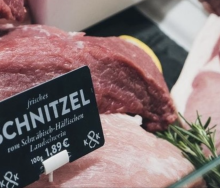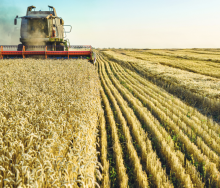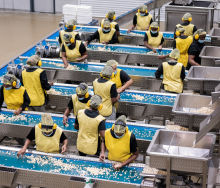Cattle farmers are in dire need of a turnaround strategy to deal with the latest outbreaks of foot and mouth disease (FMD), which led to the government banning all movement of impacted livestock this week.
Minister of Agriculture, Land Reform and Rural Development Thoko Didiza suspended all movement of cattle on August 16 for an initial period of 21 days, with the option to extend the ban.
The Red Meat Producers Organisation (RPO) said that the announcement would have a “very serious impact” on the red meat value chain.
“However, it must be remembered that a turnaround strategy is needed, which probably became necessary due to the fact that in the last two weeks there were 15 new outbreaks and two additional provinces were affected. The measures not only have a serious impact on the commercial sector but impact almost more seriously on the developing sector, as 1.2 million households own livestock and depend on it for income and food security,” the RPO said.
“Foot-and-mouth disease is a controlled disease for which the state has responsibility, whether at national, provincial or local level. The decision announced by the minister is probably a decision to combat the spread of the virus, and therefore has a serious impact on the value chain. This was not a value chain decision,” the organisation said.
It added that self-regulation was now “extremely essential” and the sector would cooperate with the national and provincial animal health forums as well as the national and provincial livestock theft-prevention forums.
“The red meat industry will have to provide proof to our trading partners that we are successful in achieving a turnaround strategy, otherwise our trade will be further harmed in terms of exports. It is also clear that we will have to follow a totally new strategy to control the disease,” the organisation said.
It added that South Africa would have to reconsider its status as a country without vaccination and there would probably have to be a move to a country with limited vaccination against foot-and-mouth disease.
“The implication of this is that South Africa will have to start producing its own vaccines and that the free market will have to play an important role in the production of these vaccines. It is also essential that the laboratory and testing capacity must be expanded…the private sector will once again have to play a major role.
“The control measures on the movement of cattle will have to be applied very strictly by the authorities as this is the beginning of the turnaround strategy. The RPO will provide its full cooperation to ensure that the turnaround strategy is successful and that it will be limited to a period of 21 days,” the organisation said.
“We as producers of beef will have to do everything in our power to ensure that the 21-day period does not seriously impact the supply process of beef in the value chain.”
FNB Agri-Business senior agricultural economist Paul Makube said that in a previous update the Department of Agriculture, Land Reform and Rural Development had confirmed that there had been 110 incidents in the previous disease zone, comprising three events.
The first event started in May 2021 in KZN, while the second was in March 2022 in the previously FMD-free zone in Limpopo, which spread to Northern Gauteng in April. The third outbreak started in March in North West and has since spread to Gauteng, the Free State and Mpumalanga.
“This is obviously not good news as it has a negative impact on exports due to FMD being a notifiable disease in terms of the World Organization for Animal Health (OIE), and importing countries may elect to place a ban on imports as in the case of the People’s Republic of China,” Makube said.
China earlier announced a ban on the import of all cloven-hoofed animals and their products from South Africa as of April 1.
“China accounted for about 22% of total SA meat exports in 2021, and additionally, its share of SA wool imports is over 70%,” Makube added.
He said that although it was a short-term measure, the suspension was still disruptive to the supply and demand dynamics in the country.
“Persistent outbreaks will curtail the country’s export drive which is still a relatively small share of local production. There are huge economic consequences for producers and value chain industries from the potential loss of SA’s FMD-free status if the situation is not arrested. The elevation of biosecurity measures, including the use of technology for traceability, is now an imperative for all stakeholders in the livestock value chain,” he said.
Prosecution for the illegal movement of cattle will be conducted in terms of the contravention of the Animal Diseases Act, 1984 (Act no 35 of 1984).




